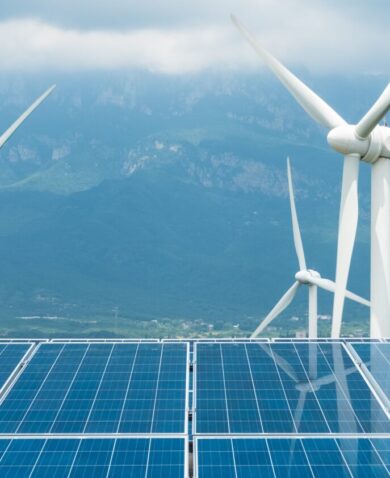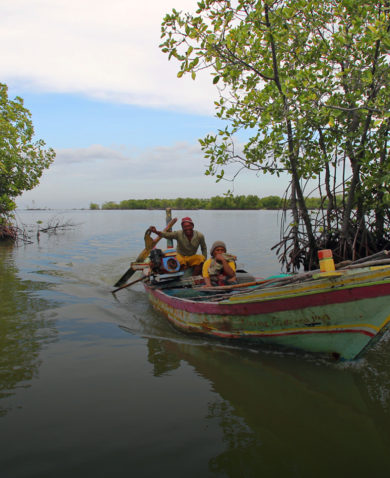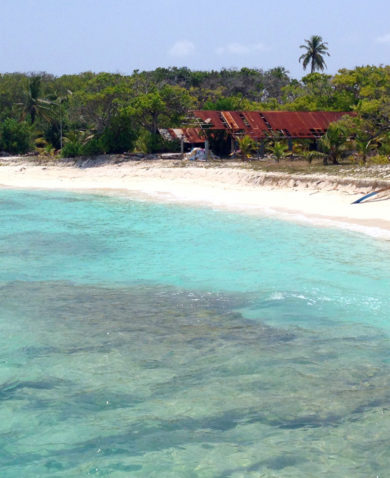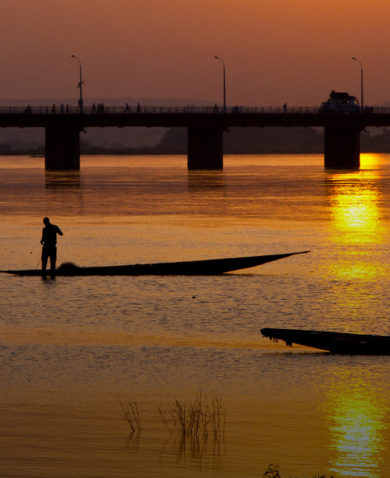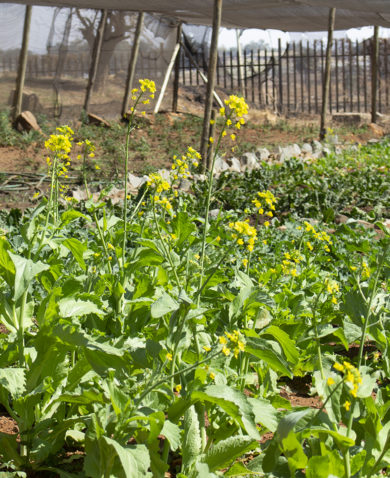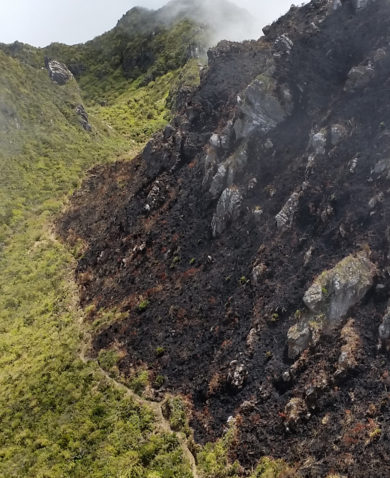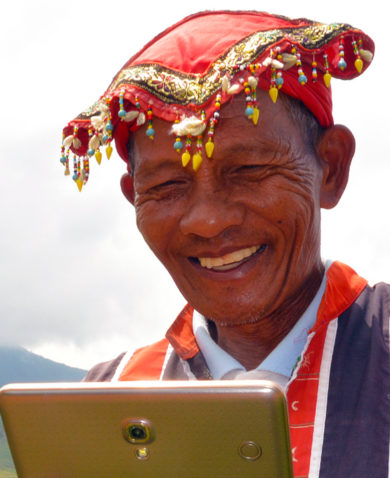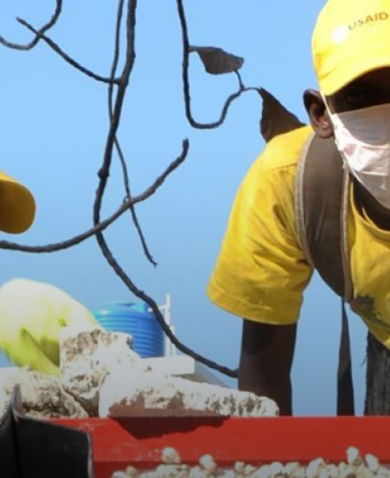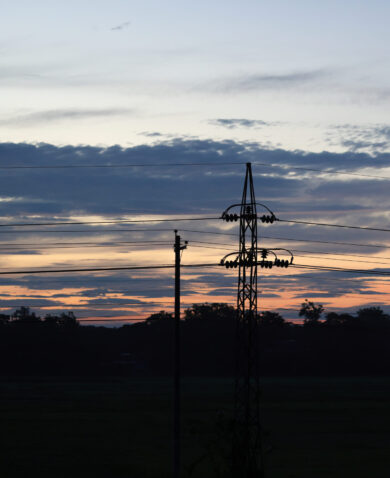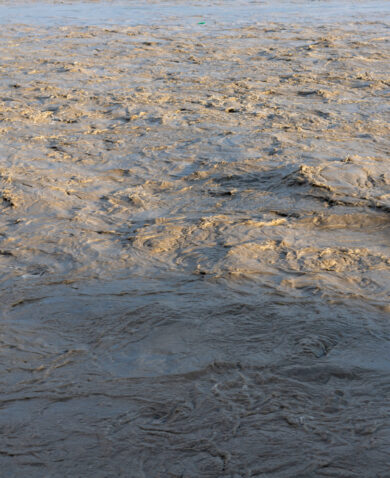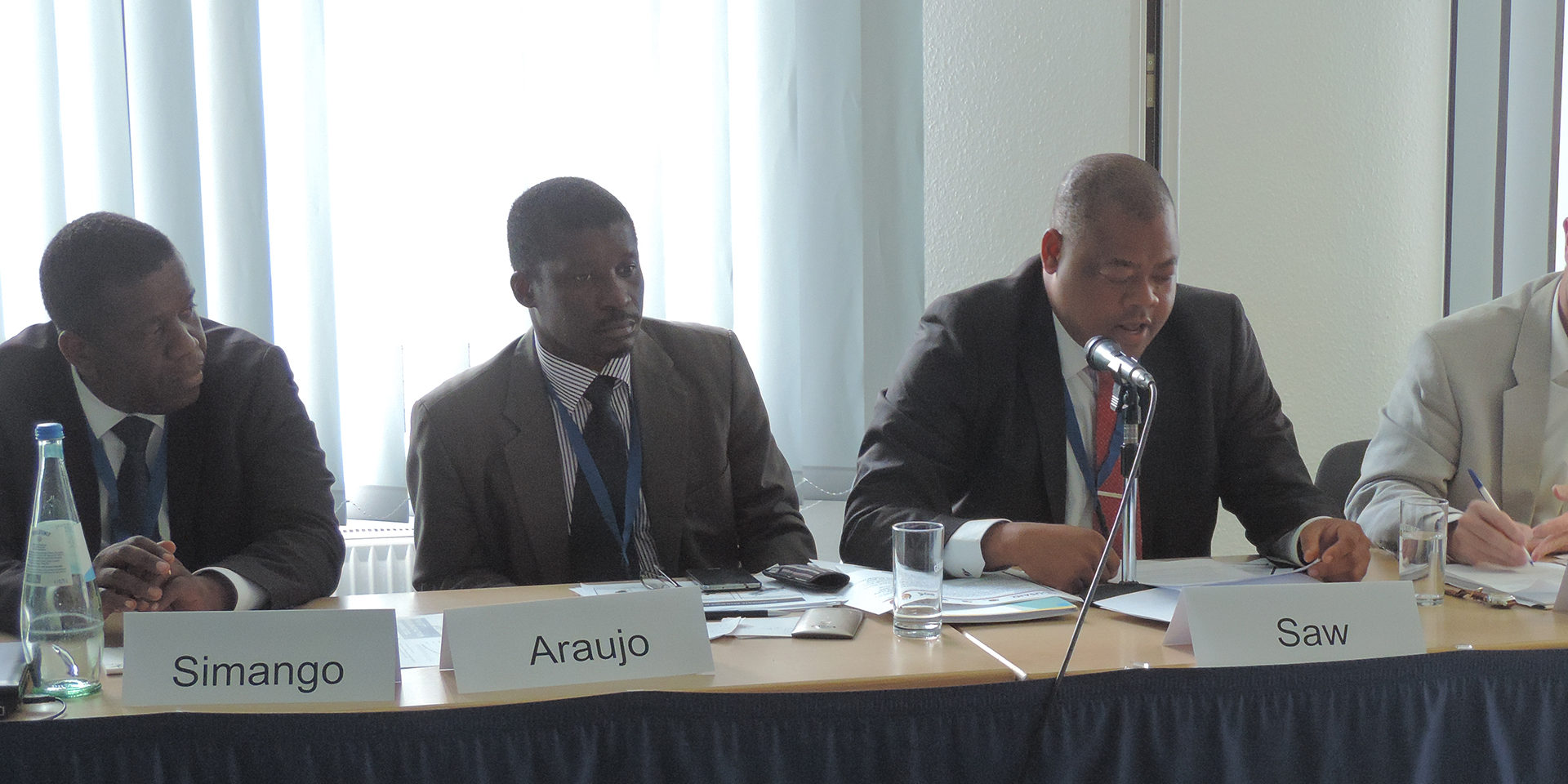
3 Questions with Mozambican Mayors: Local Perspectives on Climate Change Resilience
July 13, 2016 | 3 Minute ReadThree mayors offer their perspectives on the role of local government in combating climate change from the ICLEI Resilient Cities Congress.
Do you feel that climate change is impacting your city? If so, what is the day-to-day impact?
Tagir Carimo: Pemba saw its first major effect of climate change three years ago, when we experienced heavy rainfall across the municipality. Since then, the city has been suffering from several events due to climate change, including soil erosion, saltwater intrusion, and an increase in temperature. For this reason, we have started to place a high importance on meetings like ICLEI’s Resilient Cities Congress. Events such as these help cities like Pemba prepare for the impacts of climate change, teaching us about the need to incorporate resilience in how we plan for development. For instance, Pemba is now able to make wise decisions on what development can be done, where it can be done, and which kinds of materials should be used when building infrastructure.
Manuel de Araujo: Quelimane is below sea level and, as such, we are already feeling the impacts of climate change. Firstly, the municipality is dealing with saltwater intrusion, which affects the availability of drinkable water. For example, the water that the municipality currently uses is collected as far as 50 kilometers from the city. The second effect of climate change that Quelimane is experiencing is the number of extreme weather events, severe flooding in particular. Fortunately, three years ago we were able to build a new drainage system with support from the Millennium Challenge Corporation, a project of the U.S. government. The drainage system serves to limit the impact of flooding by catching some of the water, however the effects still exist. The third area where we feel the impact of global climate change is the seasonality of the rains, which has changed dramatically in recent years. Previously, the rainy season was strictly from December to April. Now, the rain is less predictable which has affected the city’s rice production, a staple food in the Quelimane area.
One challenge around the world is building public support for investment in climate change mitigation and adaptation. In your experience, how can local governments build this support?
Rui Chong Saw: It is important for local governments to involve the communities. However, for Nacala this is not an easy task given the high rate of illiteracy in the community. It is therefore even more important for local governments to go to communities and speak to the people directly. Through these sorts of initiatives, local governments can explain to the people how climate change is impacting their city and what they can do to contribute to the resilience efforts.
Tagir Carimo: To build public support, local governments need to create public campaigns to raise awareness about what resilience means for their city. From Pemba’s experience, the community thinks of resilience as an issue for politicians and government — they don’t think it affects them. As the local government, we have to do something as soon as possible to incorporate the local people in climate change adaptation and mitigation measures. In Pemba, we developed a local adaptation plan. However, for it to be effective the people must understand what measures need to be followed. Otherwise, things will not change — the people will just build their houses and then rainwater will wash them out. This is why the key to resilience is to involve the people from the onset — they need to have ownership over the process for it to be sustainable. Without public support, any effort to combat climate change is hopeless.
What do you see as the unique role of municipal governments in achieving Sustainable Development Goal 13 (“Take urgent action to combat climate change and its impacts”)?
Manuel de Araujo: It is of paramount importance that the municipal government take urgent action to combat climate change because if an extreme event does occur, we will be the first to feel its effects.
Rui Chong Saw: We believe that as a municipal government, we are at the forefront of this challenge. We are the ones who must lead this process to change the current situation and avoid more damage in the future. This is why the municipality of Nacala is working with the Mozambique Coastal City Adaptation Project as one of the first steps to combating climate change. As a local government, we have a responsibility to spearhead resilience.



